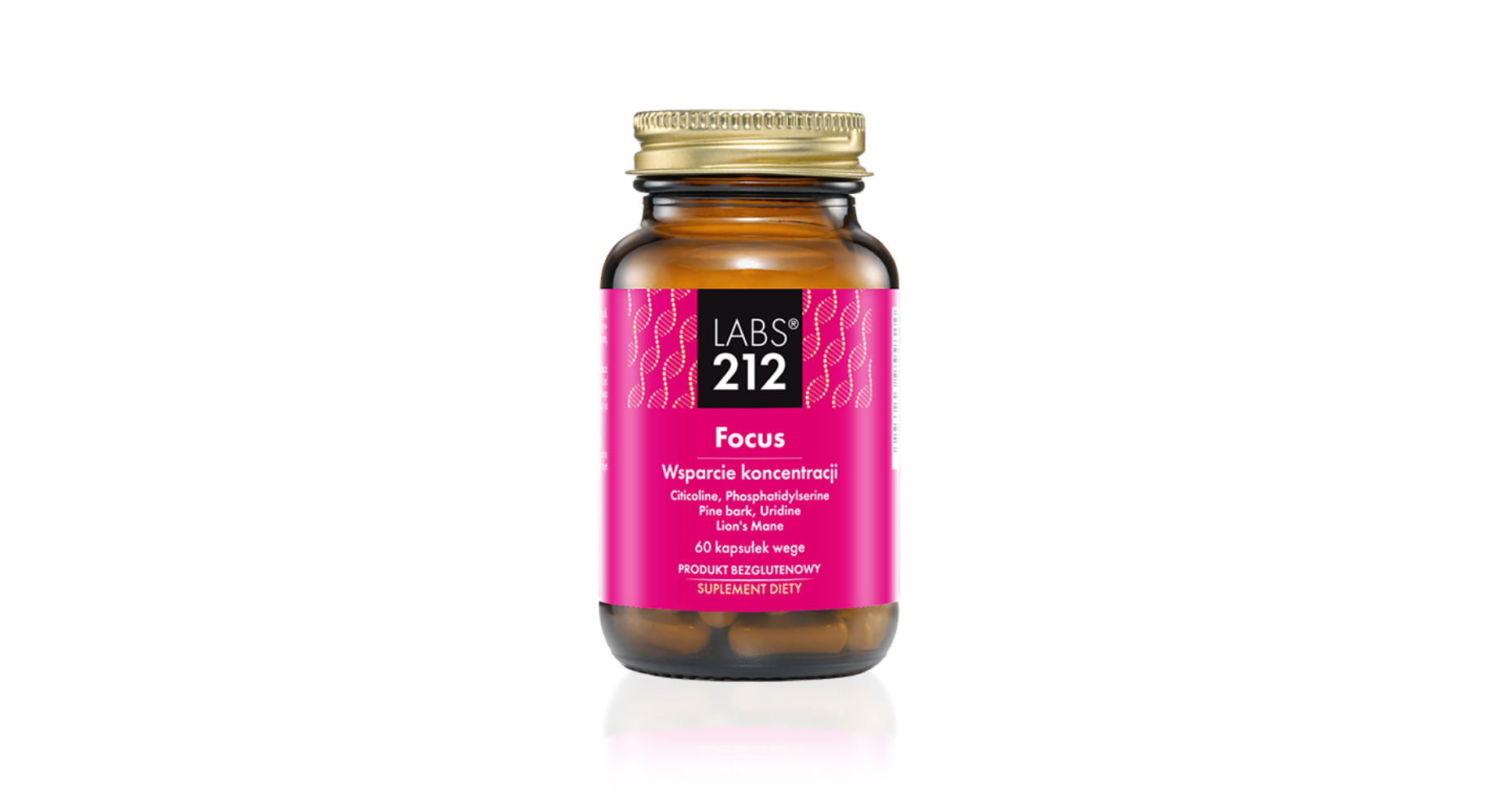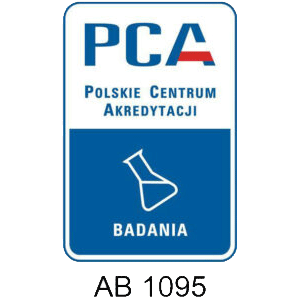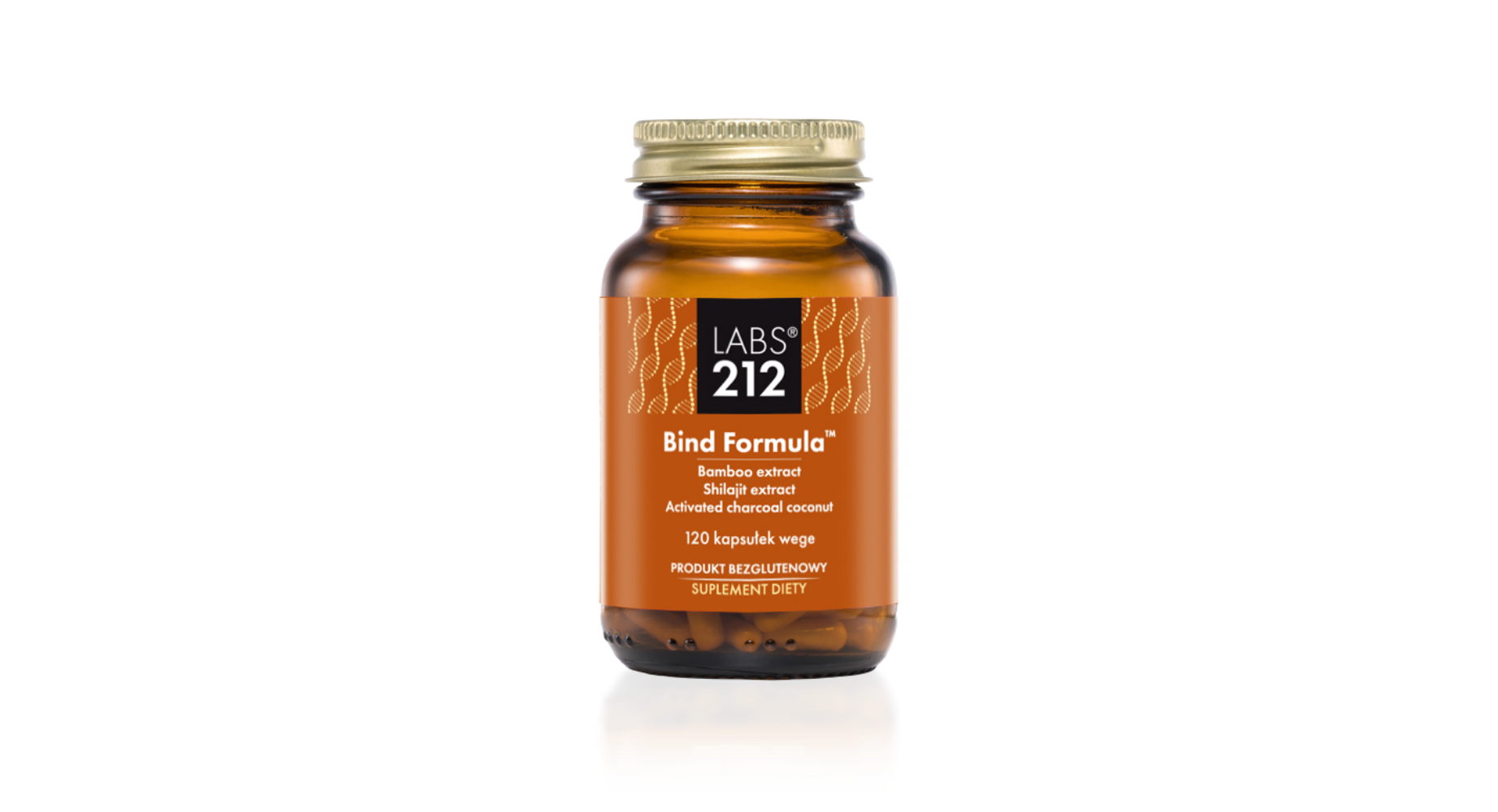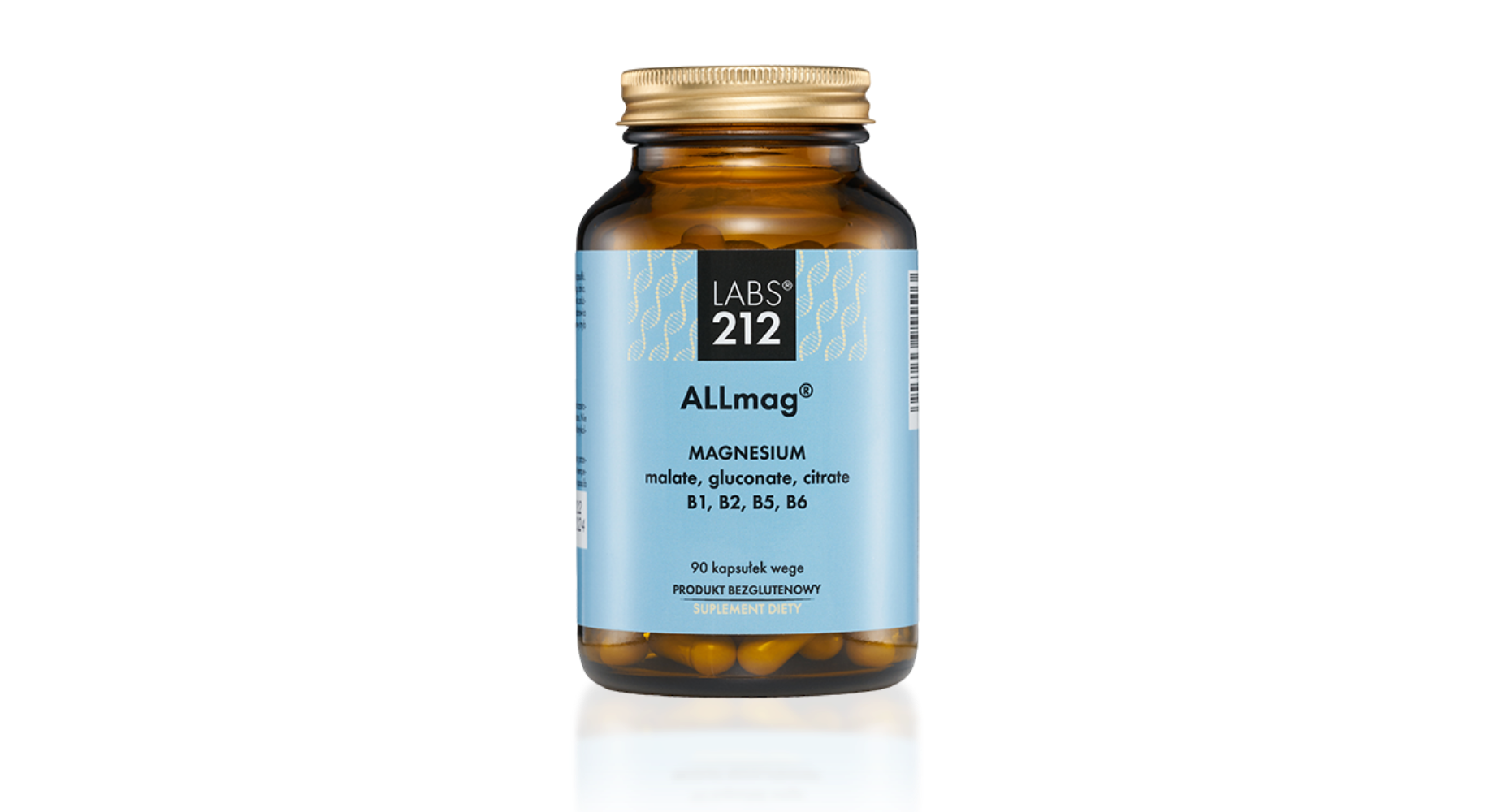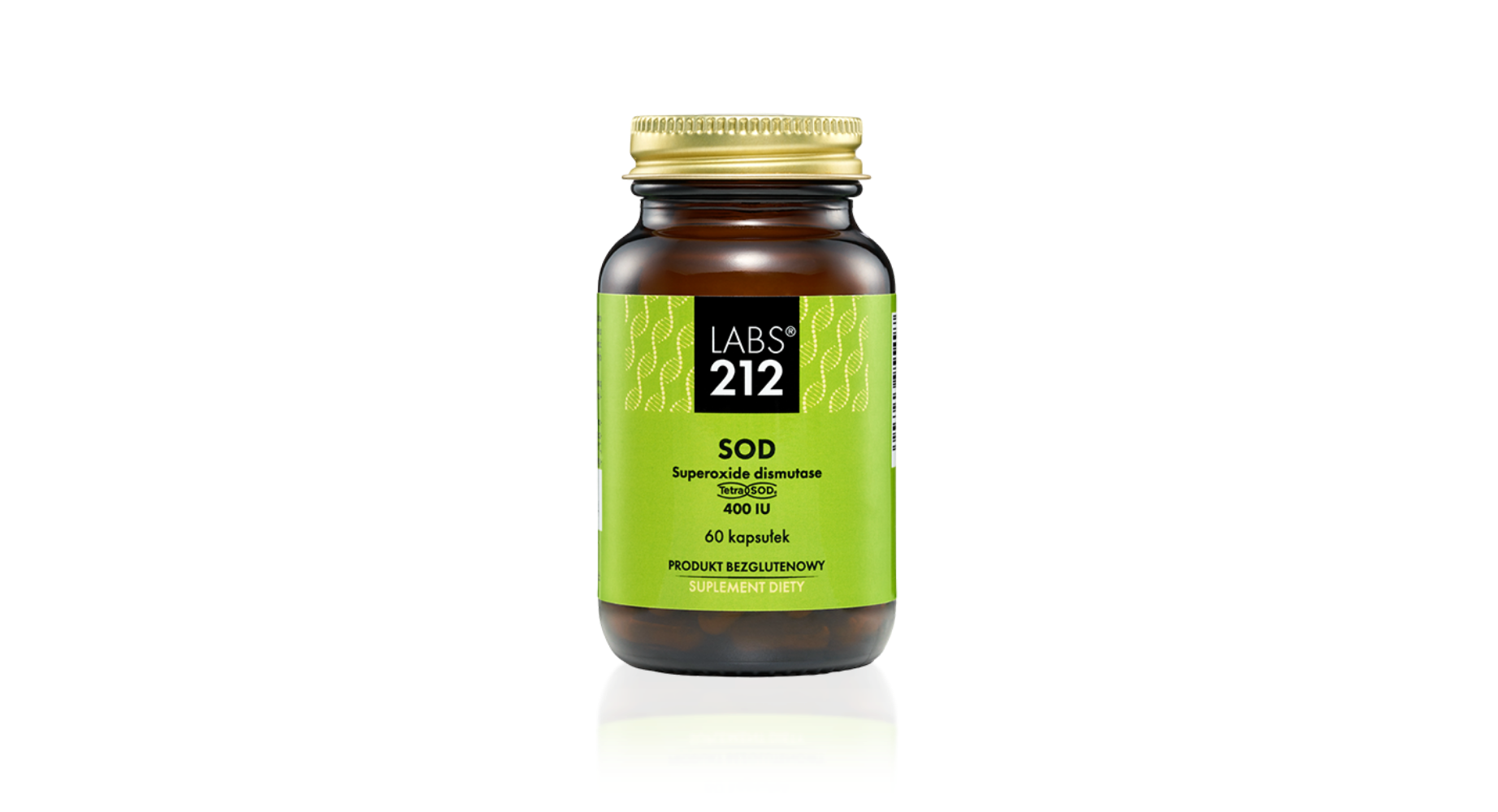Concentration can and should be trained!
What disrupts concentration?
Health-related factors:
-
Deficiencies in vitamins and minerals
-
Hypothyroidism
-
Hypoglycemia / insulin resistance
-
Hormonal imbalances (pregnancy, PMS, menopause)
-
Gut issues such as dysbiosis or inflammation
-
Chronic fatigue syndrome, anemia
-
Improper oxygenation
Psychological and emotional factors:
-
Chronic stress
-
Anxiety, nervousness
-
Depression or burnout
-
Overstimulation
-
Anxiety disorders, ADHD, OCD
Environmental factors:
-
Lack of sleep or poor-quality sleep (even one night without sleep can reduce concentration by 30–40%)
-
Lack of physical activity
-
Excessive screen time and notifications
-
Multitasking (doing several things at once weakens focus)
-
Poor nutrition (high sugar intake, lack of fiber and protein)
-
Dehydration
-
Lack of natural light and fresh air
Stimulants and substances:
-
Too much caffeine (leads to jitters, anxiety, and “scatter-brain” effect)
-
Addictions such as smoking, alcohol, or drugs – may offer short-term focus but impair it long-term
-
Medications affecting the nervous system (e.g. sedatives, certain painkillers)
Work style and mental habits:
-
No breaks or sitting too long on one task
-
Time pressure and high expectations (the brain switches into “panic mode”)
-
Poor time management (constantly “jumping” between tasks)
-
Working in a distracting environment (phone, noise, roommates).

 Encapsulated and manufactured in Poland
Encapsulated and manufactured in Poland
 Free delivery within Poland from 250 zł
Free delivery within Poland from 250 zł